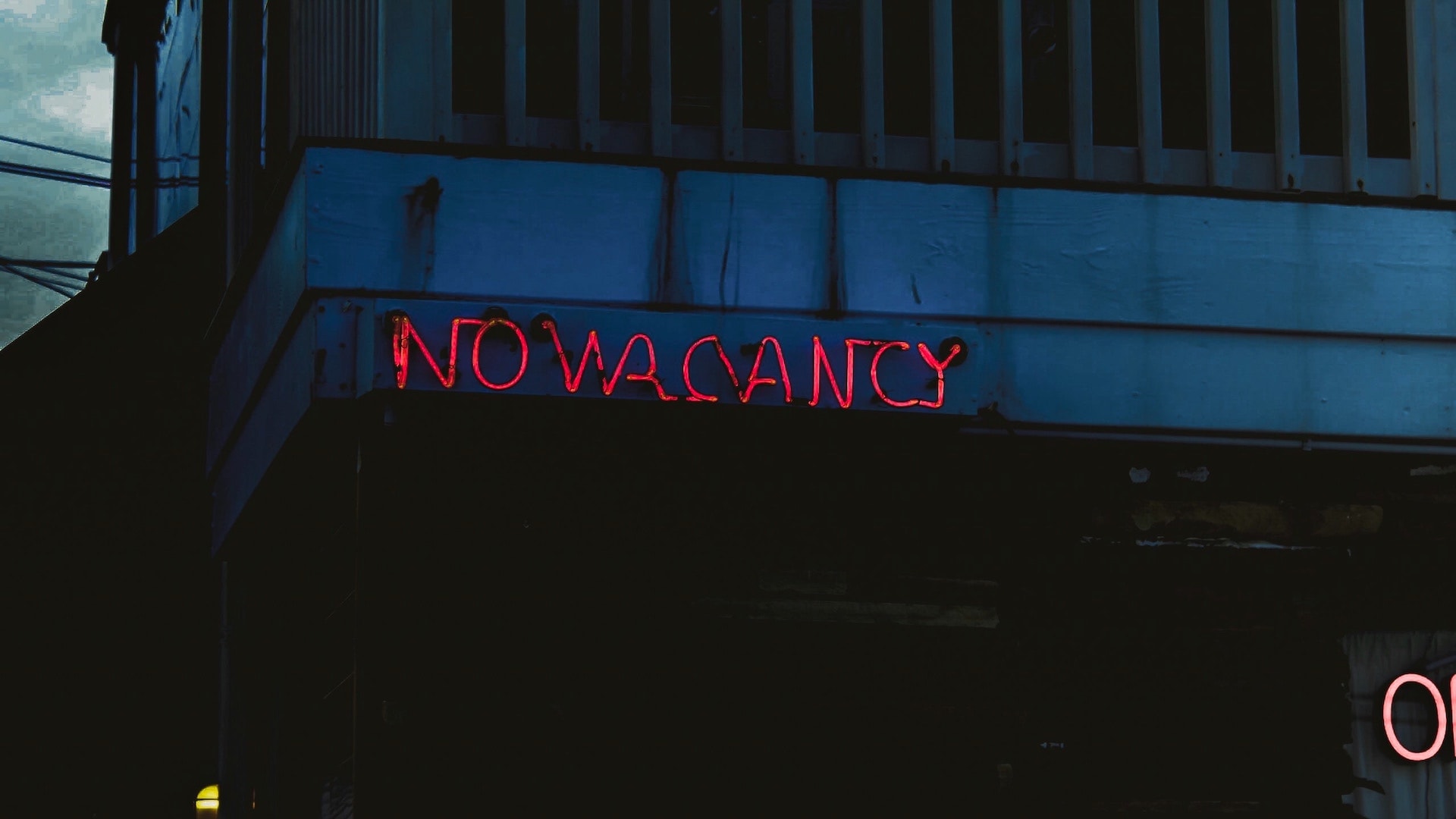It is a hard truth, but also an intuitive truth: God disciplines the ones he loves and chastises his children. After all, what father does not at times have to correct his son, for what son does not at times need correction? In this way discipline is proof of a father’s concern for his child, evidence of his paternal affection. No good father leaves his child to run rampant according to his own whims, according to his own folly. No good father withholds loving correction, patient discipline, from the child he loves.
King David once fell under God’s chastening hand. For reasons left unrecorded, he had become ill and was near to death. It was in this desperate condition that he cried out for help. And when he cried out, God reached down and lifted him up from the gates of death. God drew him up from the depths of suffering like a man draws up water from the depths of a well.
With his life preserved and health restored, David sang of God’s kindness, God’s love, God’s comfort. “His anger is but for a moment,” he said, “and his favor is for a lifetime. Weeping may tarry for the night, but joy comes with the morning.” There are encouraging contrasts here: Anger is set against favor and moments against lifetimes. Weeping contrasts joy and night contrasts morning.
“His anger is but for a moment, and his favor is for a lifetime,” exclaimed David. God’s righteous anger toward his people is real, but lasts only as long as necessary; his favor toward his people is equally real, and never ends. God’s anger is like the pre-dawn mist that gives way before the morning sun, like the spring frost that settles to the ground in the night and melts with the first light of day. God’s favor, though, is like the mountains that stand strong forever, like the seas that never run dry.
“Weeping may tarry for the night, but joy comes with the morning.” No discipline is pleasant, and it often results in tears of pain and penitence. But while weeping is fleeting, joy is lasting. Here weeping is described as an uninvited lodger who moves into a home for a single night and then packs his bags and is gone. Joy, though, is the resident, the one who makes the home his fixed address, his permanent habitation. Weeping sometimes settles into our lives for a while, but in balance, our lives are made up of far more smiles than frowns, of far more laughter than tears. And, indeed, when we consider that life extends beyond the grave, that when we die our lives are only just beginning, we know our deepest woes here are but light and momentary afflictions that will soon give way to an eternal weight of glory.
As David passed beyond his valley of the shadow of death and re-emerged into life’s green pastures, he knew he had experienced God’s brief chastisement. And we too, as children of that same heavenly Father, sometimes fall under his loving discipline. We may not have David’s certainty that our gruelling circumstances, our painful illnesses, our losses and setbacks, are evidences of God’s disfavor. But we must at least consider it, we must at least pray with David, “Search me, O God, and know my heart! Try me and know my thoughts!” For it could be that we are experiencing God’s holy paternal anger toward children who have veered too far toward sin. It could be that God is lovingly drawing us back to himself.
Having prayed to God and having searched our hearts, we can patiently submit to our circumstances, trusting that whatever their cause, God is using them for our good and his glory, trusting that though weeping may be an uninvited lodger in our lives, it will soon pack up and move away. Sorrow will give way to joy and mourning will give way to dancing just as surely as night gives way to day. We will join our voices with David’s to say, “O LORD my God, I will give thanks to you forever!”










